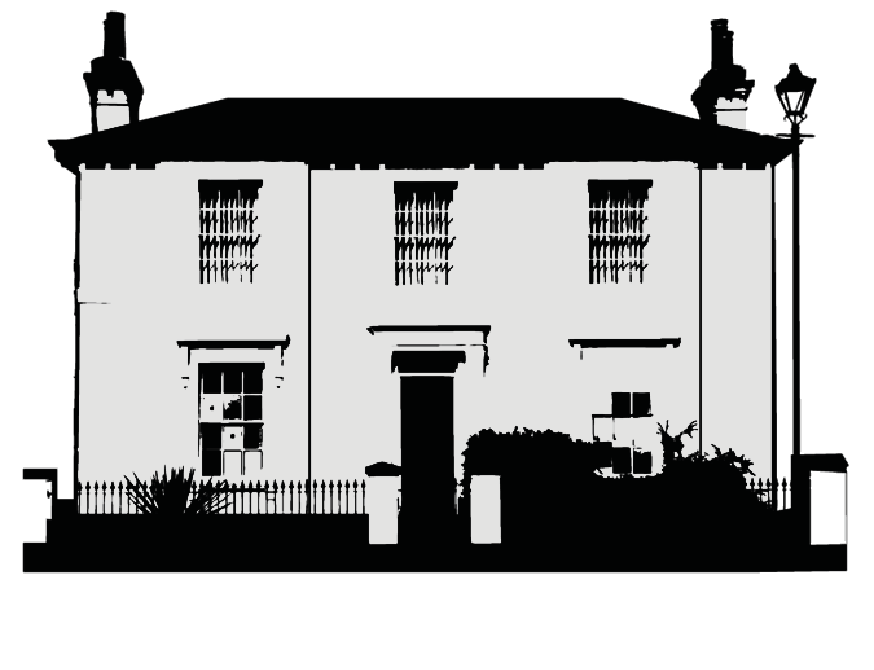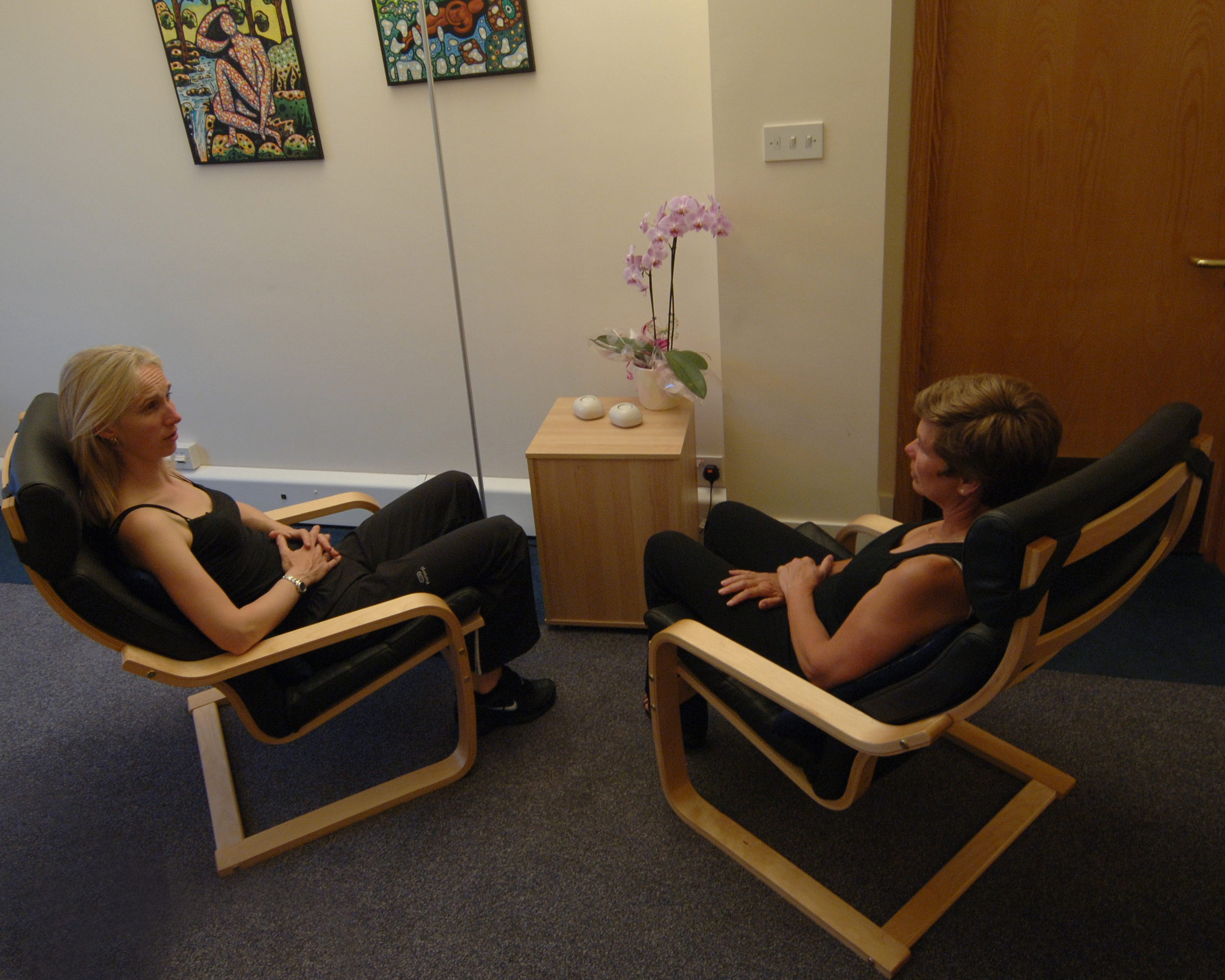Clinical Psychology & Counselling
Clinical Psychologists are trained to apply psychological concepts such as the way that we think, act or behave to the field of medicine. All clinical psychologists are trained to work in this way with children, those with learning disabilities, and adults. They then specialise and develop an expertise with a particular client group.
In providing an initial assessment, Clinical Psychologists aim to formulate the psychological difficulties that are thought to be accentuating the clients’ problem. Although clinical psychologists in general have the title of Doctor, they are not trained to prescribe medicine and always work in consultation with a medical practitioner, if medicine is required.
Within adult services, clinical psychologists are able to provide a range of assessment and therapeutic approaches. They are conversant with psychometric assessments and are able to provide an assessment of intellect, neuropsychological difficulties, personality type or memory difficulties. They are able to use behaviour therapy, cognitive behaviour therapy and psychotherapy to work with a range of psychological problems. These could be post-traumatic stress disorder, chronic pain, life adjustment problems, perhaps following a car accident or retirement, anxiety, depression and relationship difficulties. The average number of sessions is 8-10 sessions for most therapies. Psychotherapy, if indicated, requires a commitment of up to thirty sessions. Clinical psychologists can provide individual, joint or group therapy as required and this decision arises from the psychological formulation made within the assessment period.
Confidentiality
Confidentiality is taken very seriously in both counselling and clinical psychology. Only your first name is used within the clinic and issues discussed in sessions is confidential to you, and the Psychologist alone.





